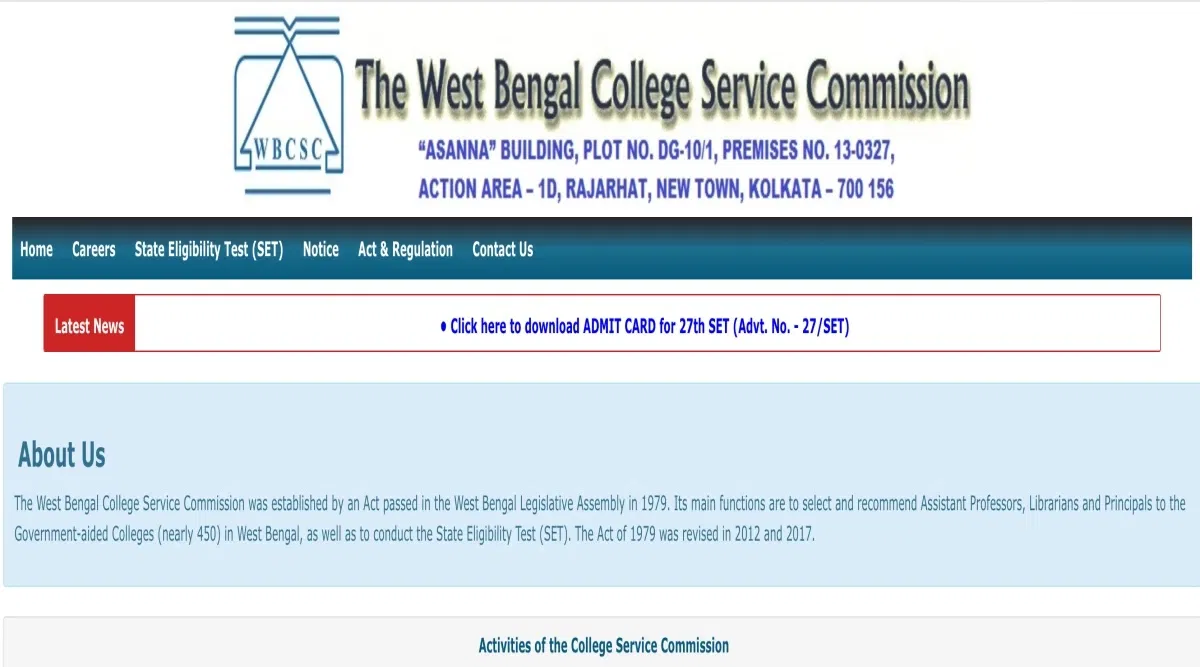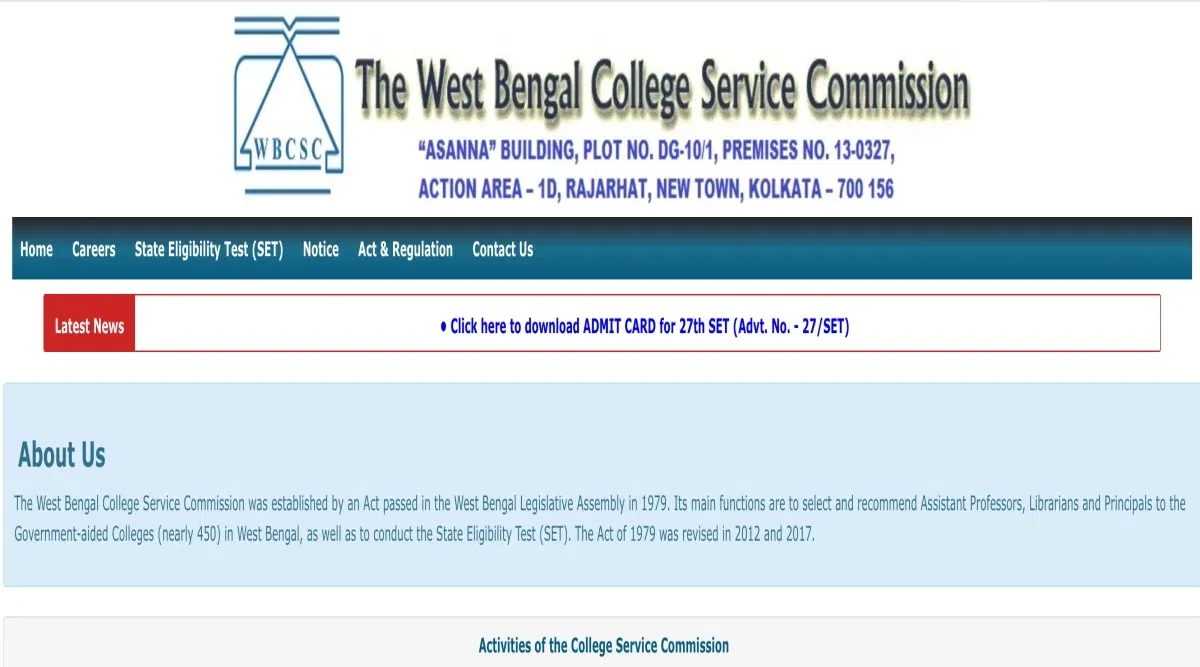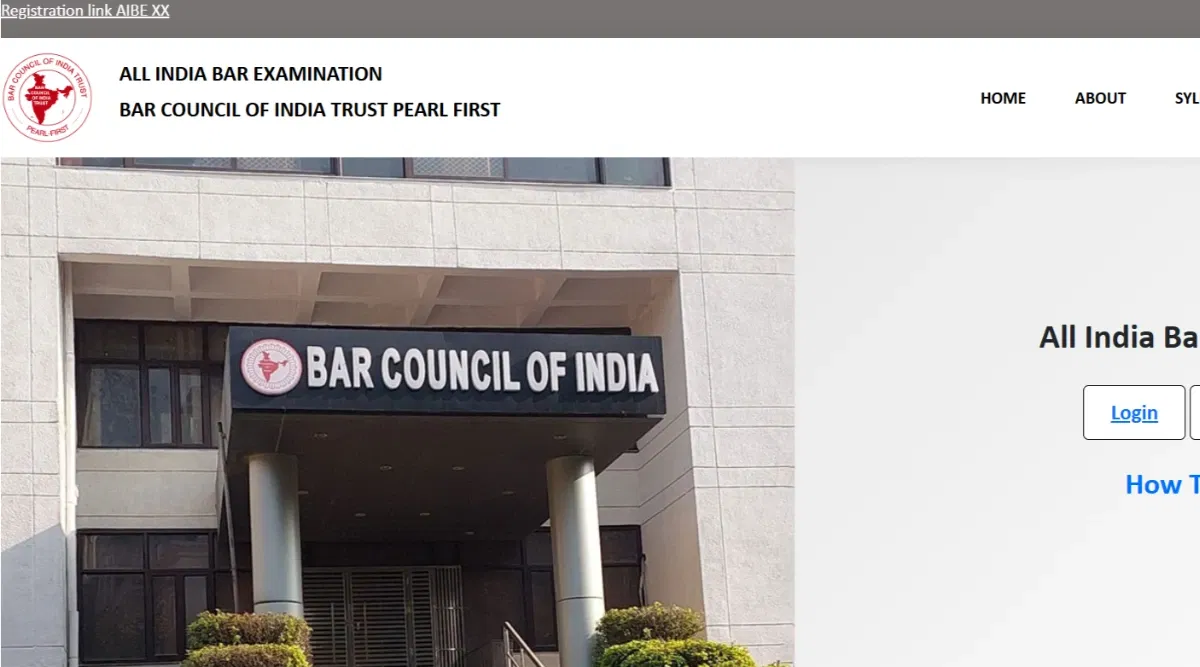An SOP is an important part of the admission process for UK universities, and it is a chance for students to stand out and solidify their applications for admissions into their chosen university and program.
An SOP for UK is one of the essential admission requirements of the top universities in the UK. SOP stands for Statement of Purpose, and for UK universities, students must write an SOP of between 700 and 800 words or 4,000 characters.
The purpose of an SOP is to highlight a student's interest, inclination, and knowledge regarding the program's preference at the university of choice, wherein it must convince the admission committee as to why the particular application must be accepted into that university. In short, an SOP should make a student stand out where students must answer the question, "What is unique about you?"
Table of Contents
- What Points to Include in an SOP for the UK?
- Importance of an SOP for the UK
- Writing Procedure for an SOP for the UK
- Common Mistakes to avoid when writing an SOP for the UK
- SOP Sample for the UK
What Points to Include in an SOP for the UK?
Once a student has figured out the basics of how to write an SOP, the next step is to figure out how to approach writing an SOP or what the guidelines are for an SOP for UK. In this regard, students must remember that an SOP for UK should be program-specific, highlighting the importance of the choice of the program over the choice of university. So, whether the student is applying for UG or PG studies, they are expected to know their preferred course. Below are some of the guidelines for writing an SOP for the UK:
- For UG programs, when applying through the UCAS, SOPs must be a single essay (submitted to the preferred university via UCAS).
- An SOP for UG programs must be program-specific, which means that it should highlight an interest in the preferred course of study,
- For the PG program, the SOP must be both program and university-specific.
All SOPs have three parts, i.e. an introduction, a body and a conclusion. However, students often end up confused with regards to compiling the information into a well-worded essay. The table below contains some of the guidelines for writing an SOP for UK:
| Theme | Having a thematic approach can drastically help a student write a well-worded SOP. A theme can be a USP that a student can use to provide consistency and a flow to their SOP. |
| Relevance to chosen Subject | For universities in the UK, students are expected to have some relevance or connection to the subject area of their course, even outside university premises. This could be theoretical knowledge gained from reading books or practical exposure in the form of professional experience. |
| Expectations from chosen University | This is specifically for PG students, where they must highlight their expectations from the university that they are applying to. This section basically needs to highlight how studying in the preferred university can be beneficial to the student. |
| Opening and Closing Statements | Strong open and closing statements can be deeply impactful for the reader, so students must make it a point to understand how to correctly introduce the subject matter and effectively close it once all the relevant information has been conveyed. |
Importance of an SOP for the UK
Writing an SOP might be a tricky proposition for students due to its perceived subjective nature. This, however, can work to the student's advantage as they have the opportunity to stand out from the rest of the applications. In addition, through an SOP, students get a chance to impress the admissions committee with their experiences, talents, and hidden skills, aspects that are not highlighted in a student's academic record.
For example, a student with an excellent academic record but poorly written SOP may not be granted admission into the university. For this reason, students must take their time to research and understand the process and importance of writing a well-worded SOP as it can be the deciding factor in them being granted admissions into the program and university of their choice. The following section will cover the process of writing an SOP for UK.
Writing Procedure for an SOP for the UK
The first thing that students should remember is that SOPs differ from program to program, i.e., an SOP for medicine will differ from that of an SOP for business management. Therefore, students should make it a point to gather as many details about the SOP requirements for their programs before they sit down to write one. However, some standards exist across the spectrum of SOPs for different programs, which follow a basic pattern:
- Length of SOP: As per the Universities and Colleges Admissions Service or UCAS (and many universities in the UK), an SOP should be no longer than 4,000 characters or between 700 and 800 words.
- Written for highlighting Academic Achievements: Unlike the US and Canada, SOPs for UK universities generally tend to favour those unique by academic rather than extracurricular achievements. About 70% to 90% of an SOP for UK should highlight a student's passion and inclination towards the preferred course, the seminars they have attended, and their reading background.
- Length: Unlike other English-speaking countries like Canada and Australia, universities in the UK are very strict about grammar and language proficiency and favour those SOPs that grammatically correct
Common Mistakes to avoid when writing an SOP for the UK
While students need to understand the do’s of writing an SOP, knowing what not to write in an SOP can be an efficient and time-saving factor. After all, an SOP reflects self for academic purposes, so it involves thorough introspection, multiple drafts, and a concise summation of a student’s uniqueness. Here are some of the common mistakes to avoid when writing an SOP for the UK:
- Write a Plagiarism-free SOP: The UCAS and universities in the UK perform plagiarism checks on all applications. If the plagiarism reads up to 8% or above, either the student will be questioned, or their application will be rejected altogether. For this reason, students must make sure to write an original SOP and get it checked for plagiarism, if any.
- Focus on the subject matter: While an SOP must be uniquely written, it must still largely explore the student’s interest in pursuing the program. For this reason, students must make sure that they highlight the key points early on, else they face the risk of making their SOP seem too vague or ambiguous.
- Use simple language: While a well-worded SOP is largely appreciated, students must take care not to make theirs too flashy or overreaching. Students must note that the admissions officers would be processing hundreds of SOPs, so the SOP must easily convey all the contents to its reader without wasting their time.
- Get third-party opinion: Once the SOP is written, students must make it a point to get it checked by a third party, preferably an academic professional, for a better view of their work. This helps them clear out any unnecessary aspects that may reduce the student’s chances of being accepted into the university.
SOP Sample for the UK
For the better understanding of students, an SOP Sample for the UK is given below:
"It is rare to find a field where the science of Data Analysis has not made an impact. My background as an Engineer with experience in digital data and analysis makes me fascinated by the field of Data Science, a field that combines tech expertise with human logic. As a result of working for a client in the manufacturing sector and learning about concepts such as statistical methods and predictive modelling, I felt a strong need to enhance my knowledge in this area, which compelled me to pursue my Masters in Data Analytics. This program will enable me to learn the most effective tools for data analytics and impart the necessary skills to use data effectively. My aim is to establish a new career in my country as a Data Scientist or Analyst with the best figures possible. Additionally, I would like to continue to stay updated and work on technology over the next few years.
In my school days, I enjoyed Mathematics and Physics subjects, which led to my interest in the field of analytics. I was fascinated by their application in real-life processes. I used to talk to the faculty for long hours to understand the reason behind different processes; therefore, I developed analytical skills at a young age. When I was studying Electronics and Communication Engineering at XXX University, I started learning programming languages in #C and #MATLAB from the very beginning. Though it was not my major area of study, I developed a deep understanding of subjects like Operating Systems, Algorithms, and Computer Administration. The core courses of Data Signal Processing and Digital Image Processing intrigued me more since they involved processing images and audio signals.
Since I am passionate about Information Technology, I joined an international company as an Assistant System Engineer (ASE). Having been trained in Java and SQL, I began working with FCA (Fiat Chrysler Automobiles). From that point on, I worked on technical data in real-time. I was responsible for collecting huge data from the database server, filtering it as per BRD, and analyzing the data based on the business requirements. Following that, I was asked to find a solution for a given problem or to provide an innovative solution for the growth of the business. Through this project, I learned about business processes, and my analytical skills improved on a daily basis.
Having gained 2.3 years of experience, I think it is the right time now to upgrade my data analytics skills by pursuing a full-time program. This course will enable me to keep up to date with the latest developments in the industry, including data systems and upcoming processes. I will also be able to sharpen my skills in R, Python, unsupervised and supervised algorithms through this program.
Since I was eager to study master's abroad, I looked into a few options available and found programs in the USA, Ireland, and the UK. I chose not to apply to the USA because of its instability and to Ireland because of its limited job opportunities as compared to the UK. There is a wide range of career options available in the UK, such as Financial, Manufacturing, Automotive, Banking, Health Care, Hotel Management, etc., where analytics can be applied to many different fields. Additionally, the UK is one of the most popular study destinations for international students, offering high-quality education and a high standard of living. Most of the master's programs in UK universities last only one year. This will save me both money and time. Further, I will get more exposure to real-life work environments through the practical approach to learning.
As a result of my career goals, I have chosen YYY University, one of the top universities in the UK. Courses include Data Mining, Advanced Data Analytics, Data Visualization, etc., which are very helpful for students with a strong data science background. I am eager to learn about Predictive Analysis and Data-Driven Decision Making for Machine Learning models for predicting data. Aside from the strong foundation courses offered, I will gain a deeper understanding of multiple industries through diverse elective courses. Furthermore, using real-time data in the capstone project would greatly benefit me in my future endeavours, enabling me to be more job-ready after graduation.
I am sure that studying at your university will refresh all the analytical skills I have acquired through my experience so far and allow me to utilize the university's more substantial knowledge base. I believe your university will fulfil all my academic aspirations so far and open up the door for a great career ahead.























POST YOUR COMMENT